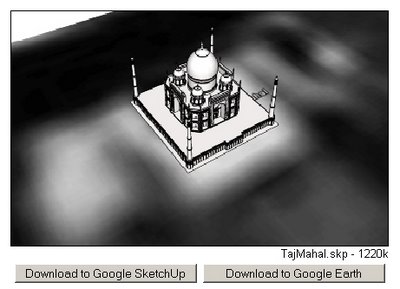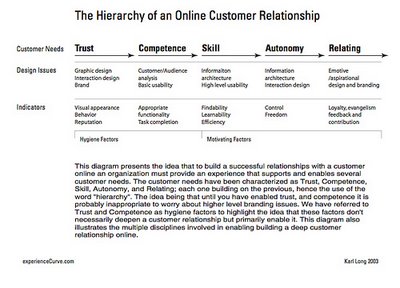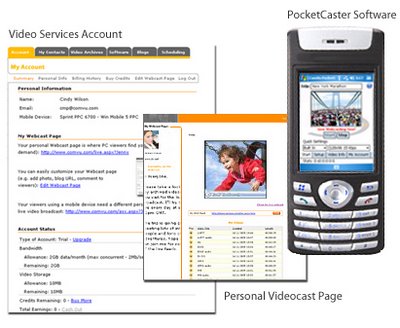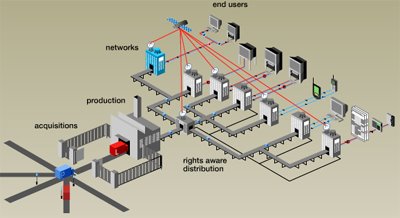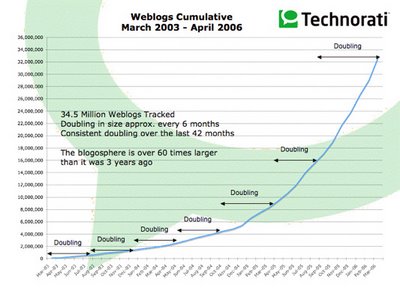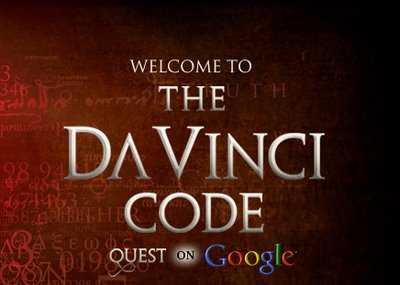
From the
press release:
"Today Sprint Nextel (NYSE: S) and the ABC Owned Television Stations Group, a unit of The Walt Disney Company (NYSE: DIS), announced that both companies have agreed to a template Frequency Relocation Agreement (FRA) for each ABC-owned station and a Group Reimbursement Agreement (GRA), covering ABC's station group relocation-related expenses, in the 2 GHz Relocation project.
The FCC has licensed Sprint Nextel to use a portion of the 2 GHz band for commercial mobile radio services upon relocation of the BAS licensees. The agreements will allow both companies to move ahead with the relocation process and assist ABC's transition to providing digital broadcast news services. Under terms of the agreement, Sprint Nextel will pay for ABC's relocation-related expenses, including the acquisition of comparable equipment to operate in its new frequencies.
Commenting on the agreement, Dave Converse, vice president and director of engineering, ABC-Owned Television Stations said, "We're delighted to have reached this accord, enabling ABC-owned stations across the country to continue their critical local newsgathering and reporting, in compliance with the FCC's spectrum relocation decisions. Our agreement is the result of a lot of hard work by both Sprint Nextel and ABC and it serves the interests of both companies."
Michael Degitz, vice president of spectrum management for Sprint Nextel added, "I'd like to thank our friends at ABC and my colleagues at Sprint Nextel for the many hours of hard work in reaching this agreement. ABC has again shown its leadership in the broadcast industry by being the first major broadcaster to reach agreement with Sprint Nextel on BAS relocation reimbursement. These agreements provide a model for other licensees to complete their own agreements according to the FCC's requirements."
David Converse is also on
Pathfire's advisory board.
Michael Degitz wrote an article about the 2GHZ relacation.
From the
article:
"Many of you know that the FCC has mandated 800 MHz band reconfiguration in order to eliminate 800 MHz public safety radio interference. This effort will eliminate radio interference at 800 MHz from commercial mobile radio service operators and provide the clearer communications police, fire and EMS need to serve and protect our nation.
To make this possible, and in consideration for both returning 8.5 MHz of spectrum in the 700 MHz and 800 MHz bands as well as funding the 800 MHz band reconfiguration, Sprint Nextel was allocated 10 MHz of spectrum, 5 MHz of which the FCC had originally licensed to certain Mobile Satellite Service (MSS) providers.
As many of you know, years ago, the FCC mandated that Broadcast Auxiliary Service (BAS) licensees using the current 1990-2110 MHz band have to convert from the current seven-channel 17 MHz channel plan to a new seven-channel 12 MHz channel plan, which extends from 2025 to 2110 MHz and replace or upgrade their equipment to operate on the new frequencies.
Sprint Nextel has divided the country into eight regions. Multiple markets within each region will be relocated at the same time, maximizing the use of resources and enabling the relocations across the country to occur efficiently."
Labels: FCC, Mobile, Satellite, Sprint
 True to its unconventional style, Rocketboom auctioned off its first week of ads on eBay (Research). Bidders were warned that Rocketboom would have complete creative control over the spots. TRM, an ATM sales company based in Portland, Ore., won with a bid of $40,000. In exchange, Baron and Congdon shot and aired five 60-second spots featuring Congdon in two roles: an ATM sales rep in superhero garb, and a masked villain trying to blow up TRM.
True to its unconventional style, Rocketboom auctioned off its first week of ads on eBay (Research). Bidders were warned that Rocketboom would have complete creative control over the spots. TRM, an ATM sales company based in Portland, Ore., won with a bid of $40,000. In exchange, Baron and Congdon shot and aired five 60-second spots featuring Congdon in two roles: an ATM sales rep in superhero garb, and a masked villain trying to blow up TRM.

